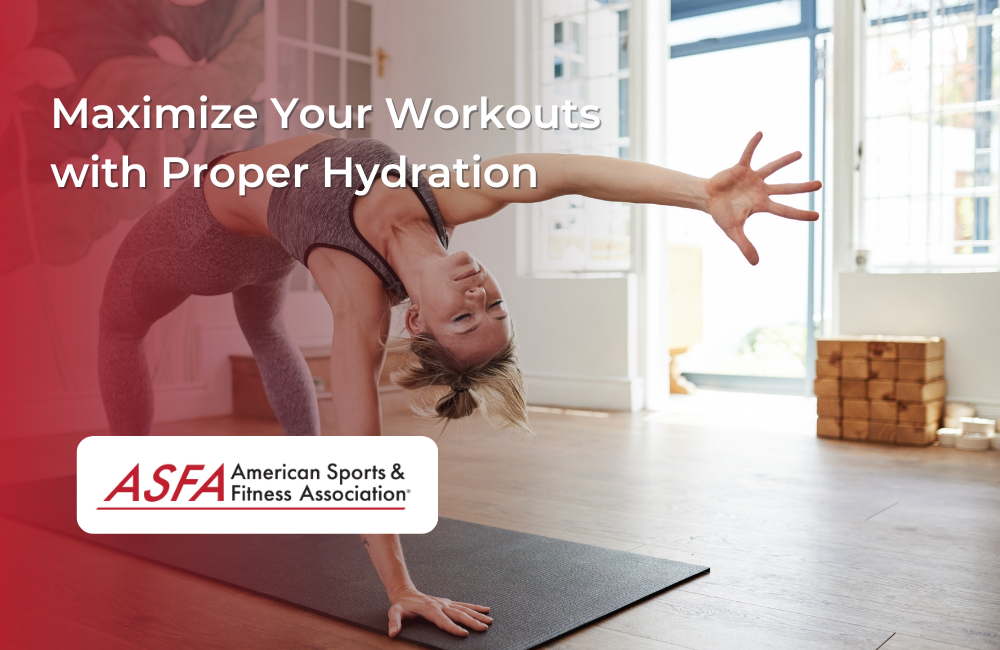As athletes and fitness enthusiasts, we know that proper hydration is important for long-term health. But did you know that hydration can also have a significant impact on your performance in the short term? Research has shown that dehydration can lead to loss of muscle strength and endurance, decreased coordination, decreased reaction time and cognitive function, and increased fatigue during exercise. In addition to drinking water before, during, and after workouts (which is always encouraged), proper hydration means staying within the range of your personal sweat rate by replenishing lost fluids quickly enough so they don't cause dehydration. This article will help you determine how much fluid you should be consuming during exercise sessions in order to maximize performance while staying well-hydrated throughout the day.
Proper hydration means staying within the range of your personal sweat rate.
Proper hydration means staying within the range of your personal sweat rate.
To measure your sweat rate, you'll need to weigh yourself before and after a workout or run. The difference between these two numbers is how much water you've lost in that time period. You can use this information to calculate how much water you should drink during exercise: if your weight loss was 5 pounds over 2 hours, then add 5 ounces per hour as an estimate for how much fluid (and electrolytes) you need to replace it with.
If you find that your body is consistently losing more than 60 ounces per hour during exercise (or less than 40), then adjust accordingly by eating foods high in carbohydrates or salt content--for example, bananas or pretzels--to increase their volume without adding too many calories back into the equation.
Dehydration can lead to loss of muscle strength and endurance.
Dehydration can lead to loss of muscle strength and endurance. As you exercise, you lose water through sweat. If you don't replace it, dehydration will begin to affect your performance.
- Dehydration can lead to cramps in your muscles because they become more acidic when they're not hydrated properly. Drink plenty of water before, during, and after exercise sessions so that this doesn't happen!
- Heat exhaustion and heat stroke are serious medical conditions that can occur if you don't stay properly hydrated while working out in hot weather conditions (or any time really). You should also make sure there are plenty of fluids available for everyone else at the gym too!
- A slower recovery time between workouts means less progress toward goals like losing weight or building muscle, but if we keep drinking enough fluids during our workouts then everything should go smoothly! In fact...
Electrolytes are important for proper hydration.
Electrolytes are important for proper hydration. They're the minerals that help your body maintain the right balance of water and salt, as well as keep your muscles functioning properly. Electrolyte depletion can cause cramps, nausea, fatigue, and other symptoms.
Your sweat rate will vary depending on how hard you work out, but it's generally safe to assume that if you weigh less after exercising than before then it means you've lost water through sweating (and therefore need to drink more). On the other hand if after working out you weigh more than before then chances are good that perhaps too much fluid has been consumed during exercise hours which could lead to dehydration later on in the day when activity levels increase again
You can measure your sweat rate by weighing yourself before and after a workout.
Wear the same clothes you wore during your workout, and weigh yourself on the same scale. You can measure your sweat rate by weighing yourself before and after a workout.
Before you begin working out, weigh yourself in the morning and then again in the evening (or every day). This will give you an idea of how much weight has been lost through sweating over time; however, if possible it is best to do this under similar conditions each week so that results are consistent across all measurements taken during this period.
If possible, take measurements at home rather than at work or school--home environments tend not only to encourage but also facilitate regular exercise habits!
Stay well-hydrated during workouts to maximize your performance.
Staying well-hydrated is an important part of any workout. If you're not properly hydrated before, during, and after your workouts, it can have a negative effect on your performance.
To measure your sweat rate:
- Take off all clothing (including shoes)
- Measure how many pounds are lost by weighing yourself nude with no clothes or shoes on
- Divide this number by 2 and use this as an estimate of how much fluid loss you will have during exercise
It's important to stay hydrated throughout the day so that when it comes time for your training sessions, you'll be able to perform at peak levels without feeling fatigued or exhausted due to being dehydrated. Here are some tips for staying hydrated before training sessions:
Conclusion
The key to maximizing your workout is to stay well-hydrated. The best way to do this is by keeping track of your sweat rate and drinking water before, during, and after exercise. If you need some extra encouragement, try using a fitness app or wearable device that will keep track of your progress as well!





